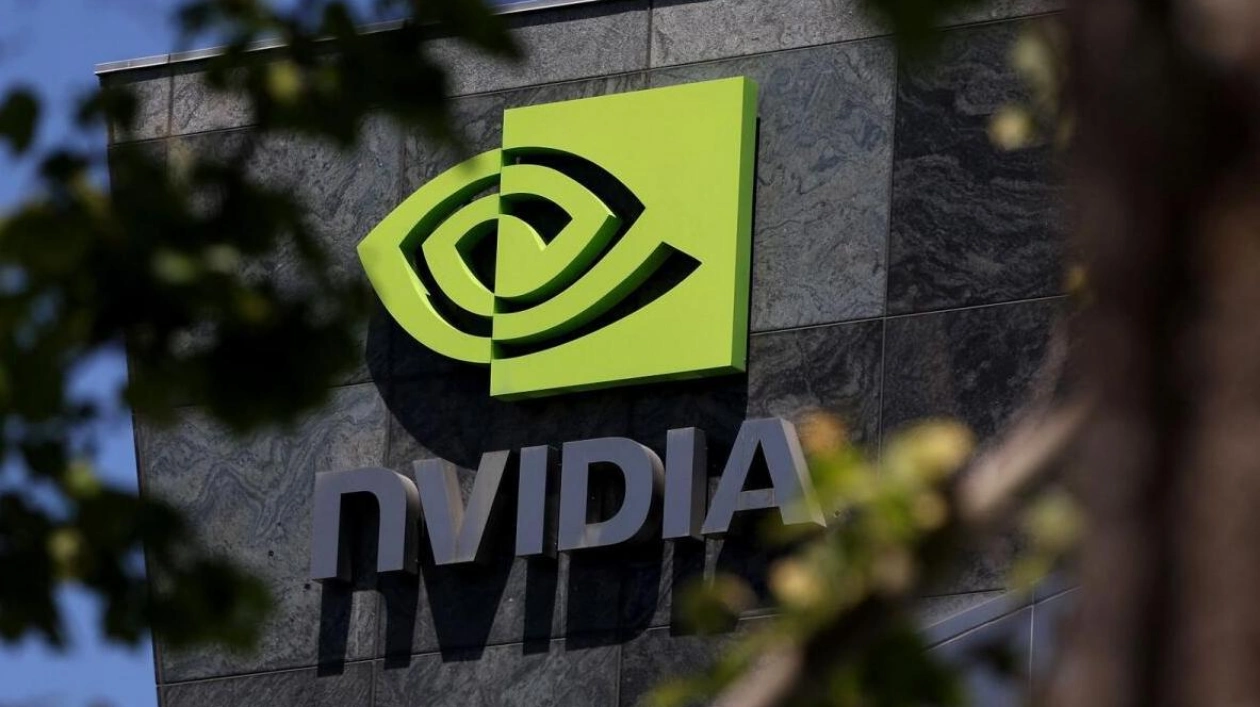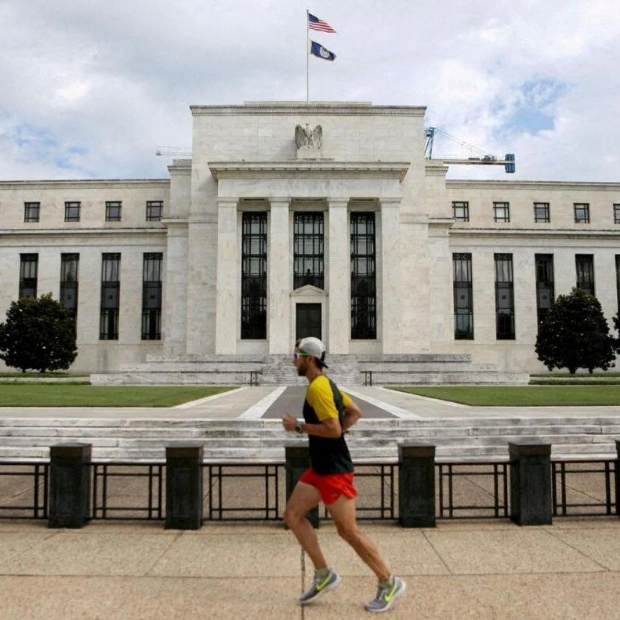US interest rate cuts are forcing investors to make a difficult decision: continue investing in Big Tech stocks that have been highly profitable for over a year, or shift to less popular market sectors that might gain from eased monetary policies.
Holding significant shares in tech giants like Nvidia, Microsoft, and Amazon has been extremely lucrative for investors since early 2023, despite concerns about their market dominance reminiscent of the late 1990s dot-com bubble. This trend might shift following the recent cool inflation report, which has strengthened expectations for an imminent rate cut by the Federal Reserve. Lower rates are anticipated to benefit sectors that have underperformed this year, such as small-caps, real estate, and industries sensitive to economic conditions.
Market trends at the week's end suggest a preliminary shift has already started. The tech-heavy Nasdaq 100 experienced its largest drop of the year on Thursday, while the small-cap Russell 2000 enjoyed its best day in 2024. The Nasdaq 100 has risen about 21% this year, compared to just 6% for the Russell 2000. Additionally, the equal-weight S&P 500, representing the average stock in the benchmark index, recorded its largest relative gain since 2020 over the S&P 500, which is heavily influenced by large tech and growth stocks.
Walter Todd, Greenwood Capital's chief investment officer, commented, "The trade became too one-sided, and we're witnessing some reversal." Small caps and the equal-weight S&P 500 continued to gain on Friday, even as tech stocks rebounded. Investors warned that these changes could be temporary, especially after the extreme performance disparities between tech and other sectors.
However, there are grounds for optimism about market diversification. Fed fund futures indicate nearly 90% odds of a 25 basis point rate cut at the September meeting. Smaller companies heavily reliant on credit, including biotech firms, and industrial companies that use debt for capital-intensive projects could significantly benefit from lower rates.
If bond yields continue to fall as rates decrease, equity valuations across the market could become more appealing. The benchmark 10-year Treasury yield has dropped to around 4.2%, down from April's highs. The S&P 500 is currently trading at 21.4 times forward earnings, compared to a historical average of 15.7.
Despite these shifts, many remain skeptical about investors abandoning megacap companies, which are expected to be more robust in uncertain economic conditions. Big Tech could remain attractive if the U.S. economy weakens after prolonged high interest rates. Additionally, megacap tech stocks are central to the AI investment theme that has captivated investors this year.
Any prolonged move away from megacaps could be problematic due to their significant influence on indexes. The S&P 500's gains this year have been heavily concentrated in stocks like Nvidia and Microsoft, and any downturn in these could negatively impact major indexes.






